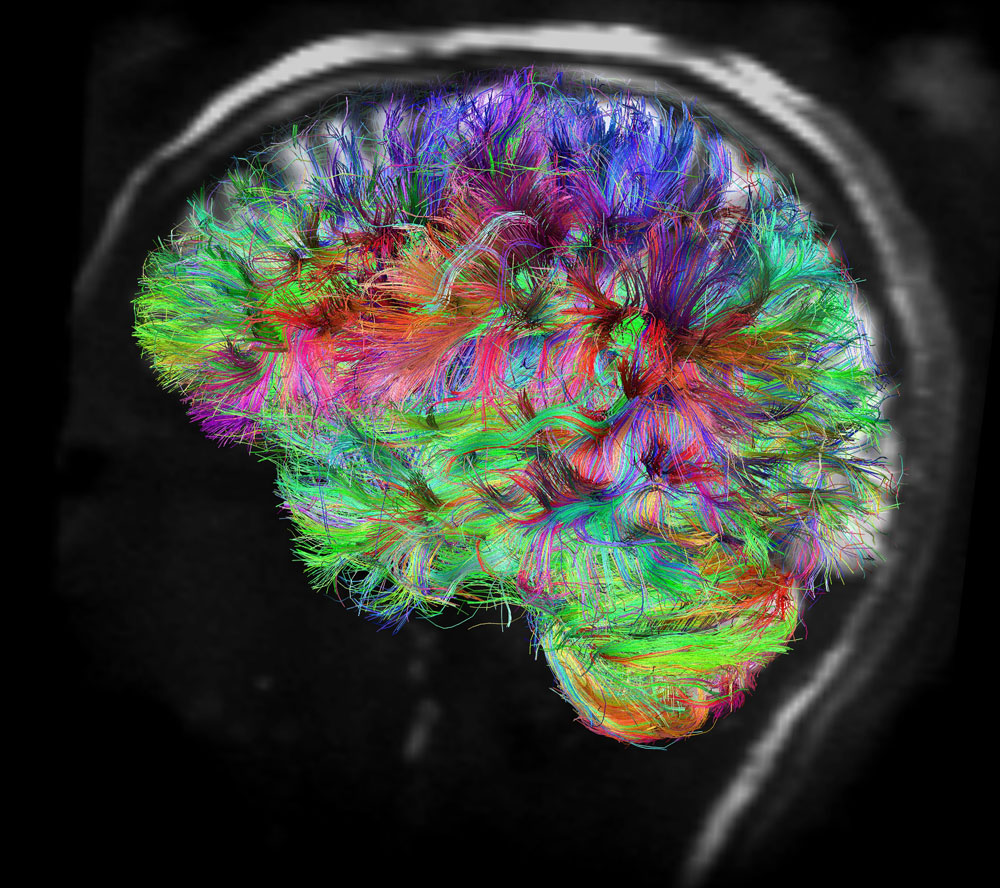This article is the second article in a series of articles designed to help you become a more positive influence in the lives of those you lead and work with, someone that others truly want to follow.
Let me share something I am not proud of.
Looking back on my younger self as a teenager and young adult, I now recognize that a primary motivation I had for almost everything I did was to stand out, and particularly with as little effort as possible. At the time, I called it competitiveness.
This became my default wiring for almost everything I did.
For example, in my classes, I was focused on out performing others and getting an ‘A’ grade. So, I largely did as little as possible to get that ‘A’ grade. I honestly was not very concerned about how much I learned or if I mastered the material.
Further, in athletics, I saw sports as an opportunity to stand out from others, even at the expense of my teammates. Thus, it was not an uncommon occurrence for me to hear the word “ball hog” in hushed terms.

In both situations, my mental wiring programmed to stand out relative to others had some clear negative blind spots that I simply justified away or ignored.
The fact of the matter was: My automatic wiring and mental programming limited my ability to be a more positive influence on the lives of others.
While I didn’t think about it this way at the time, the reality was that if I wanted to be a more positive influence, more of someone that others would want to follow, I would need to change my wiring.
Brain Wiring

Research has found that 90% of how we operate is based upon our non-conscious automatic processes, or the neural pathways we have continually relied upon and developed over time.
We develop these neural pathways to become quicker and more efficient with our processing. The more we rely upon certain neural pathways, the more efficiently operate. They are there standing at attention, ready to fire upon certain cues or stimuli.
When we understand this, it helps us come to terms with the idea that if we want to become better, we need to adjust our non-conscious automatic processes.
To demonstrate this, let me tell you about two different fields of study that deal with our mental wiring: goal orientation and cognitive science
Goal Orientation
One primary focus of psychologists is on trying to explain what motivates people to do what they do. One finding is that people generally develop one of three types of wiring that drive their motivation. There is:
-
Learning orientation – We do what we do because we want to learn, grow, and master something (example: In my classes, I seek to learn, grow, and master the material)
-
Performance-approach orientation – We do what we do because we want to achieve a particular outcome, often as a way to demonstrate we are superior or better than others (example: In my classes, I am seeking to get an ‘A’ grade)
-
Performance-avoid orientation – We do what we do because we want to avoid failing or looking bad (example: In my classes, I am just trying not to fail or look bad)
Research has overwhelmingly found that:
People who are wired with a learning orientation significantly outperform the other orientations in almost every area. They simply approach life in the most effective way.
People who are wired with a performance-approach orientation have some areas where they excel (e.g., job performance), albeit less than those with a learning orientation; and other areas where the results are mixed (e.g., academic performance, learning). For much of my growing up, this was my default wiring.
People who are wired with a performance-avoid orientation significantly underperform relative to the other two orientations.
While we probably use each orientation for different situations in our life, we have largely developed one primary orientation where our wiring is currently the strongest.
What are you wired for?
Cognitive Science
Most of this wiring that we have been talking about occurs within our prefrontal cortex. Cognitive scientists have found that in some individuals, they develop abnormalities where they rely upon one side (left or right) more than their other side (this is different than left-brain/right-brain thinking).

When this occurs, it affects their functioning in predictable ways. Those that primarily rely upon the left-sided regions of their prefrontal cortex generally take on more of a goal-accomplishment orientation. They are particularly responsive to rewards. It would not surprise me if this was how my brain worked when I was younger.
Those that primarily rely upon the right-sided regions of their prefrontal cortex generally take on more of a withdrawal orientation. They are particularly responsive to punishment.
Side note: these abnormalities, if extreme, have been linked to depression, as their brain struggles to create a healthy balance between the emotions associated with goal-accomplishment and withdrawal.
Can We Change Our Brain Wiring?
If we have developed the wiring for a certain orientation, or if we rely upon one side of our prefrontal cortex, does that mean that we are stuck?
No! We can rewire our brains to navigate life more effectively and become more of someone others want to follow.

To change our wiring, we first need to learn (1) that we can change our wiring, and (2) what our current wiring is. Without knowing what you are currently non-consciously programmed to do, you will have little incentive and ability to engage in any rewiring.
While science is still working on interventions to help people change their wiring, there is one intervention that is repeatedly being found to lead to positive brain rewiring: mindfulness meditation.
In one study, researchers compared a group that went through an 8-week mindfulness intervention to a group wait-listed for the intervention. Over those 8 weeks, the meditation subjects showed increased left-brain activation in their prefrontal cortex (stronger orientation toward positivity and goal-seeking), while those in the control group showed increased right-brain activation in their prefrontal cortex (stronger orientation toward negativity). Further and remarkably, they found that those in the meditation group developed more antibodies to a flu vaccine than those in the control group.
Conclusion
When I was not aware that my natural mental wiring was to performance-approach, I kept mindlessly relying upon my same neural pathways, limiting me from being a more positive influence in the lives of others. But, once I became aware of this wiring (which honestly did not start occurring until my doctoral programming), I was able to work toward changing it. I was able to start focusing more on learning and mastery, which did not have the detrimental side-effects of not truly learning or being willing to seek the spotlight even at the expense of others. Further, it allowed me to rewire my processing, which in turn leads me to think and behave much more positively. I feel it has helped me become more of someone others are willing to follow. Although I surely am not perfect, I feel I have made meaningful progress.
Consider:
-
Do you know what your wiring is?
-
Do you know whether your wiring limiting you?











One Response
great story, thanks!